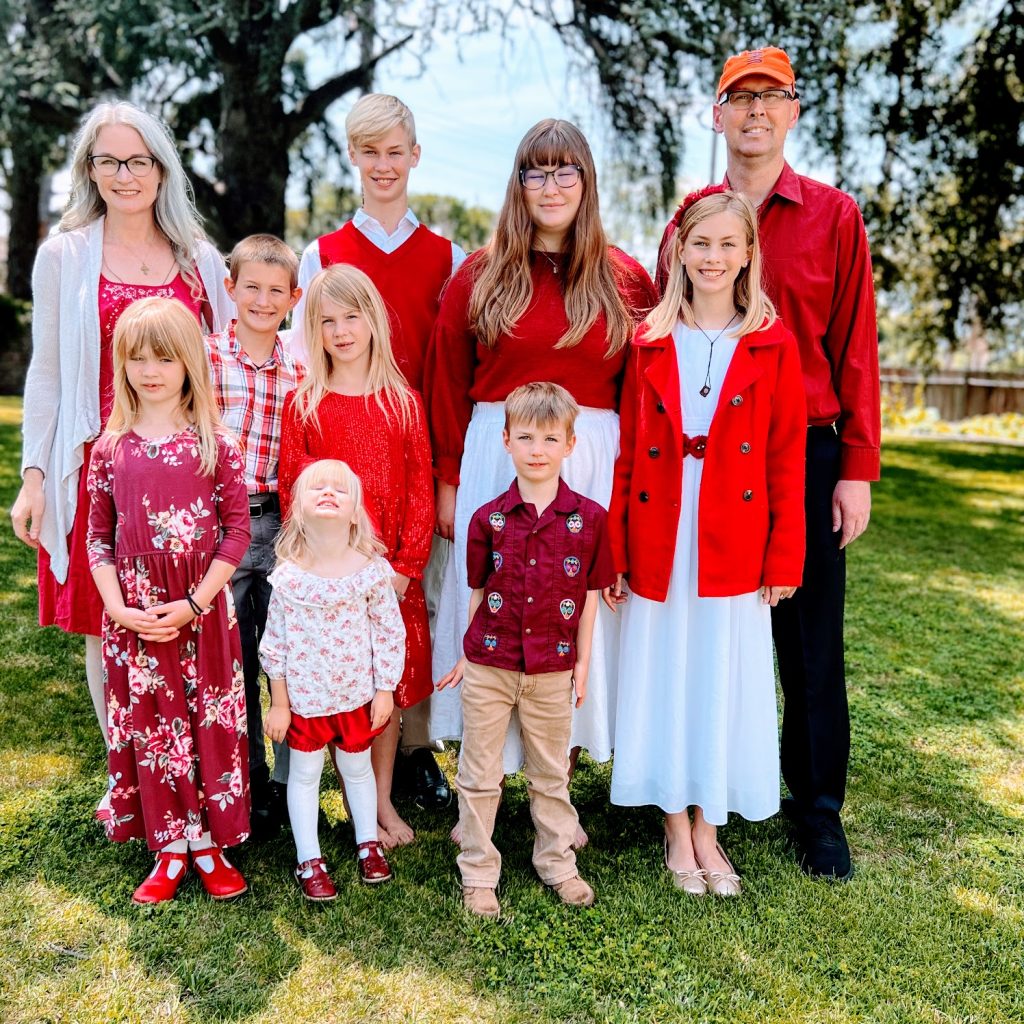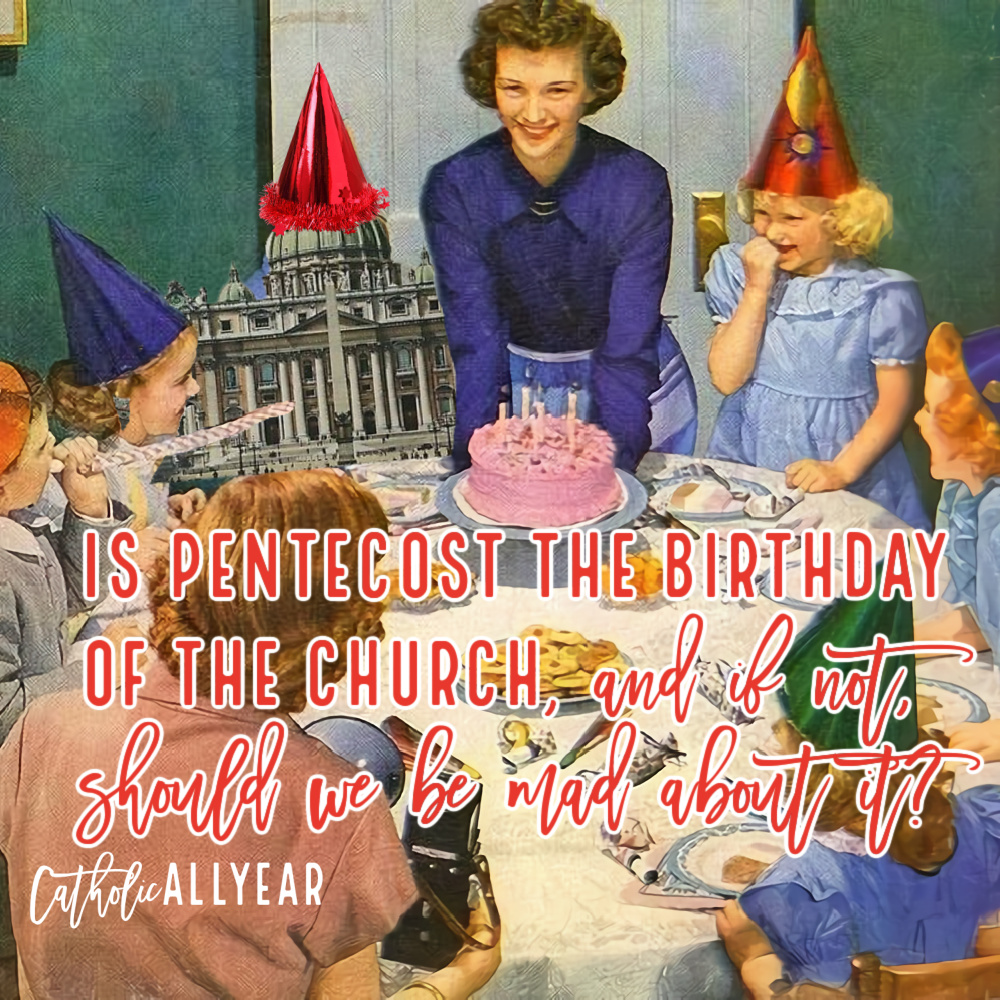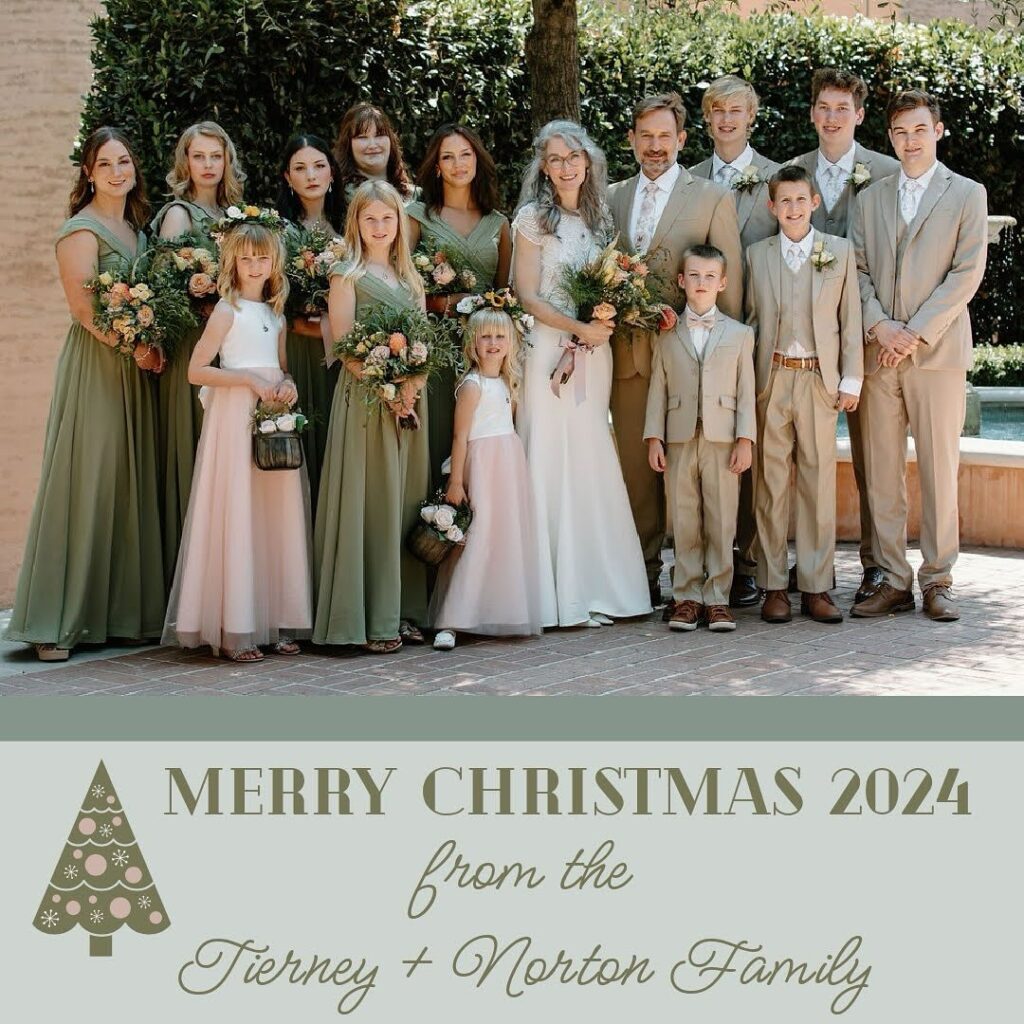Health update: The husband’s treatments are progressing and we * finally * got the test results we were waiting for and it was good news for the spine! Thanks so much for your prayers.

Happy feast day! Red for Pentecost! #dontcountus #someofusareoutsick
I’ve had some questions in my Instagram DMs today asking
- Is Pentecost really the “Birthday of the Church”? and,
- If it’s not, is it important that Catholics try to stop people from celebrating it as such?
My answers are
1. Not . . . really.

and 2. Dude, no.

Lemme explain.
Folks were sharing with me conflicting information from different Catholic sources, some saying (I’m paraphrasing here), “Yay, Pentecost is the birthday of the Church! We must all have a birthday cake and celebrate!” and another saying, “Pentecost is not the birthday of the Church. That’s Protestant nonsense. We good Catholics have a solemn duty to ruin everyone’s party and let them know the Truth.”

I don’t find either of these positions particularly defensible, Catholic-wise.
The Catechism of the Catholic Church (766) says,
“The Church is born primarily of Christ’s total self-giving for our salvation, anticipated in the institution of the Eucharist and fulfilled on the cross.”
And references a quote from St. Ambrose (+397):
“As Eve was formed from the sleeping Adam’s side, so the Church was born from the pierced heart of Christ hanging dead on the cross.”
So, according to the Catechism, the Church was “born” on Good Friday at Jesus’ death, with assistance from the Last Supper on Holy Thursday.
But the issue with hoping to call ANYTHING the “birthday” of the Church is that “birthdays” are not a Christian thing. Early Christians considered celebrations of birthdays to be both pagan and vain. Early Christian writer Origen in his Homilies on Leviticus states,
The saints not only do not celebrate a festival on their birthdays, but, filled with the Holy Spirit, they curse that day.
He sounds fun, right?

Christians historically celebrated (and in some countries still do celebrate) their saint namedays in lieu of birthdays. Saints are honored by a liturgical feast on their “dies natalis” meaning “day of birth” but referring to the anniversary of their “birth” into heaven a.k.a. their day of death.
Today, most Christians see birthdays as a harmless cultural tradition that can be celebrated alongside religious holidays.
But early Christians wouldn’t have been looking to find a birthday of the Church. It wouldn’t make sense to them to be trying to insist that one “birthday” is correct and another is incorrect. Instead, we have multiple feast days on which we remember different aspects of how the Church came to be. We celebrate the Incarnation on Christmas and the Annunciation nine months before that. We remember the establishment of the Eucharist and of the sacramental priesthood at the Last Supper on Holy Thursday. We remember Jesus’ death on Good Friday and his Resurrection on Easter Sunday. On Pentecost we celebrate the coming of the Holy Spirit, giving the disciples the strength to spread the gospel and face their martyrdoms. We remember the founding of particular early church buildings. It’s a whole calendar. ALL YEAR 😉 . It’s all important and worth honoring.

Do Protestants who say that what happened at the Last Supper was just symbolic have a vested interest in preferring to highlight the preaching and missionary spirit part of the birth of the Church over the Eucharist and sacramental priesthood part? Yes, they do.

Does that make it wrong for them to celebrate it? Or for Catholics to celebrate that part as well?
I say no.

We should ALL be celebrating Pentecost. It’s an important feast day that IMHO doesn’t get enough attention because there aren’t secular traditions associated with it. In our family we like to play up the “tongues of fire” part of the story and we celebrate with a bonfire, and wearing red, and (as of this year) tongues of fire bopper headbands. So fun. The aspect of Pentecost that I highlight in our family discussions is how the descent of the Holy Spirit made the apostles so fearless when that was definitely not the case previously. We are given that gift as well . . . in the sacrament of confirmation. (More on the muttonheadedness of the apostles here.)

But there is absolutely nothing that says you can’t celebrate any feast day you choose with a cake. Except, ironically, Good Friday! 😆
In our house, we have a birthday cake for baby Jesus on Christmas. We have a lamb cake on Holy Thursday to celebrate the Eucharist and the priesthood. We fast on Good Friday. There’s nothing that says we can’t celebrate a different PART of the founding of the Church on Pentecost with a cake. And far be it from me to try to squelch the liturgical living inclinations of our Protestant brothers and sisters. A birthday cake on Pentecost today, and, who knows, maybe next year they’re getting confirmed at the Easter Vigil.
There are times when, as Catholics, we HAVE to take a stand. I don’t think this is one of them. I hope you were able to celebrate in the way that worked best for your family. If you missed it, hey, you can always do a belated celebration! (Check out the resources in the June Liturgical Living Box here.)
Happy Pentecost!



